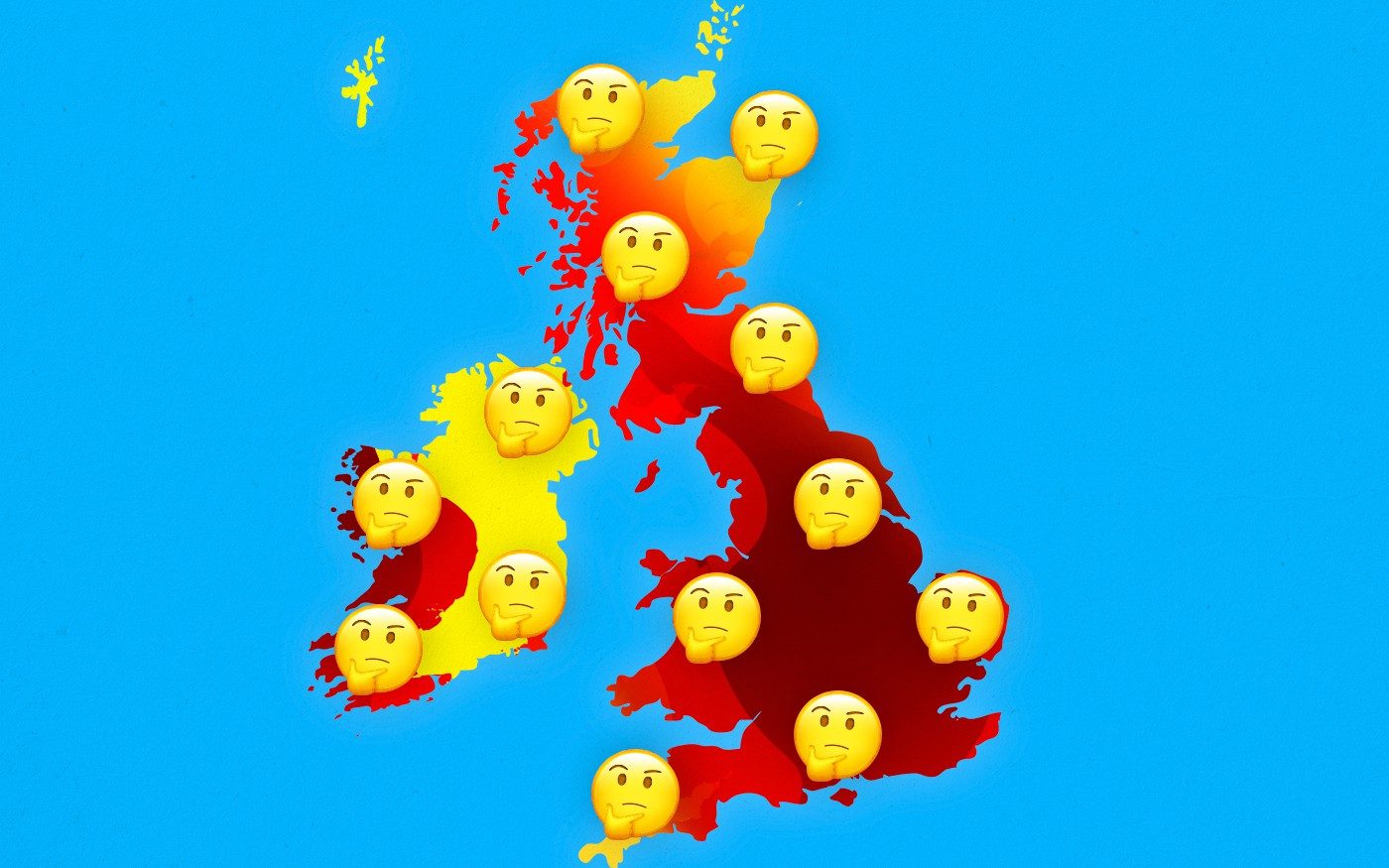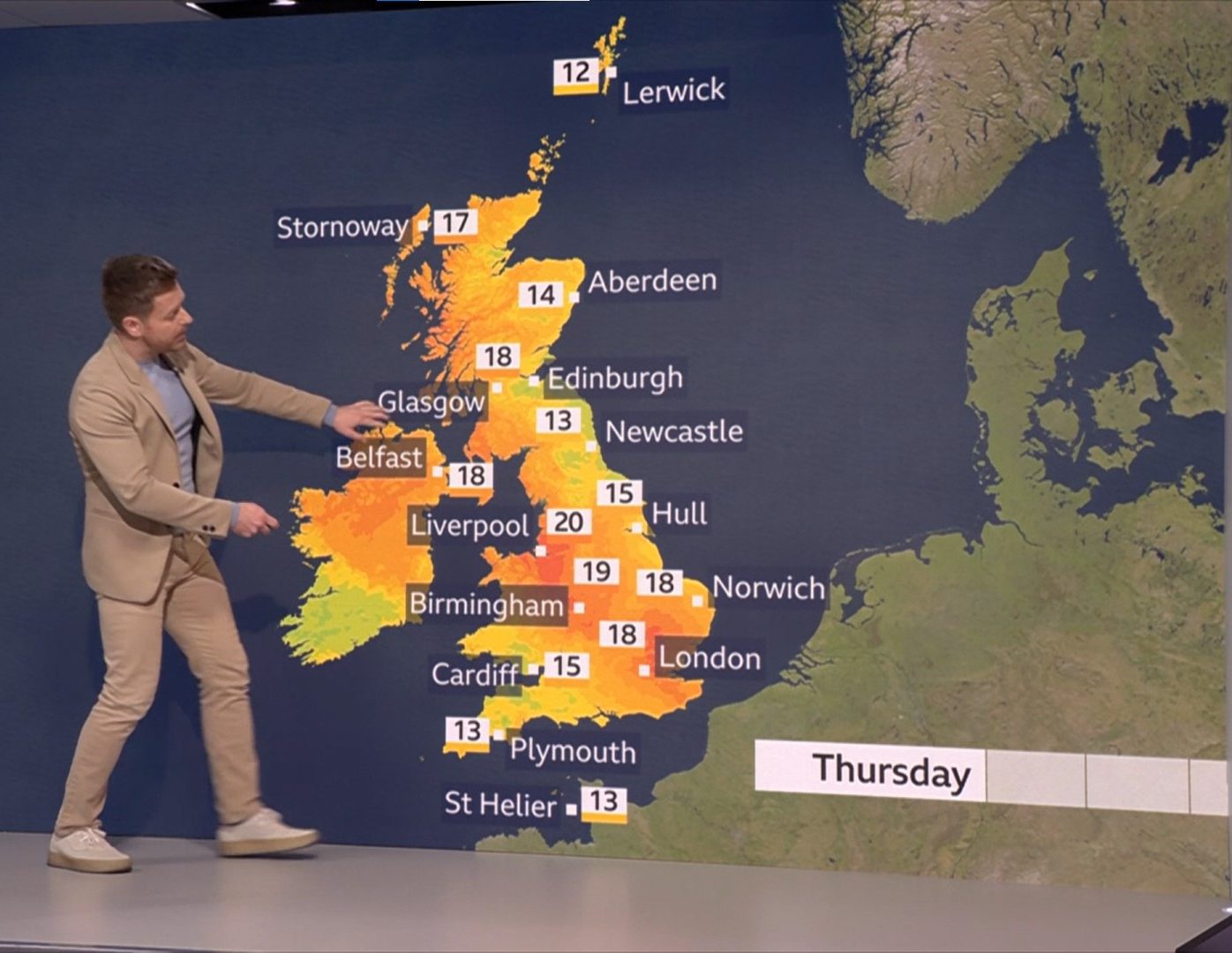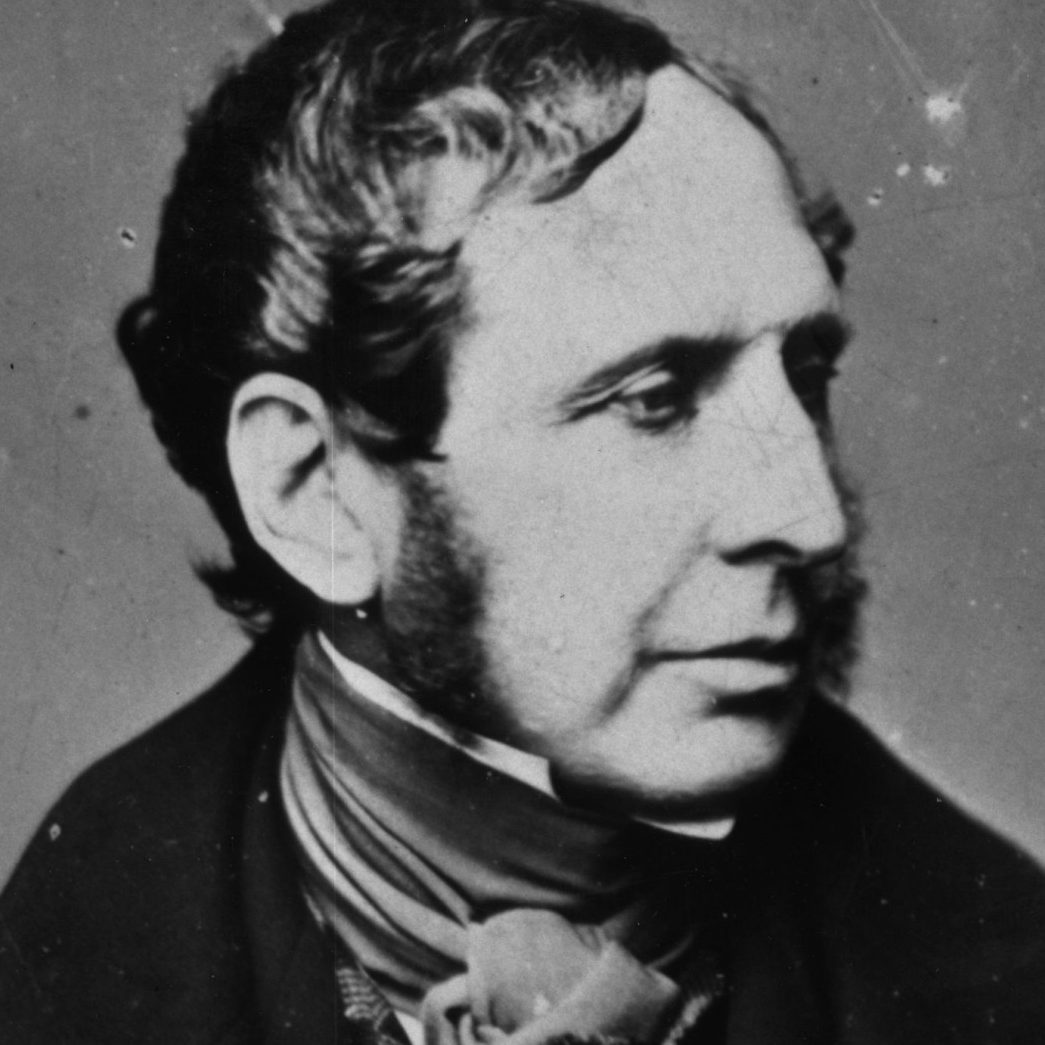The BBC’s confusing weather forecast is nothing new – but AI could change everything

weather forecast confusion
When the BBC’s weather map this week burnished yellow, appearing to suggest a dose of Mediterranean sunshine just in time for the long weekend, viewers were aghast to find their sunbathing efforts would have to take place in a less than tropical 15C. “I think it’s very misleading,” says 43-year-old florist Vicky Laffey. “Looking at a map full of orange and yellow makes it seem like that country is in a heatwave and gives people the wrong impression.”
But it appears there is an innocent explanation – although, the corporation has recently had to defend itself against the suggestion that it had increased the intensity of map colours to raise alarm over increasing temperatures.
“The colours used now range from blue for the coldest temperatures through to red for the hottest temperatures as these colours are easier to see if you live with colour blindness,” explains a BBC spokesperson.
Still, hell hath no fury like a Brit who has already begun unsheathing the garden furniture. This week’s saga is no surprise, perhaps, when considering weather forecasting’s unpropitious beginnings.

Viewers were confused by the BBC’s weather forecast for the Bank Holiday weekend on April 30, 2024 – Television Stills / BBC News
The Met Office was founded in 1854 by Capt Robert FitzRoy, later the Navy’s Vice-Admiral, who was all too aware of how weather affected lives at sea. In an attempt to forearm sailors, daily weather reports were sent to him in London from outposts on the English and Irish coast via the new technology of telegraph. His role was to try and make sense of the data, pioneering the science that we now know as meteorology. However, as with any nascent systems, mistakes did occur and the deluge of public criticism for his weather reports, along with his depression, meant he took his own life in 1865.
Later that same year, the Royal Society – which would manage the Met Office for 40 years following FitzRoy’s death – decreed that “we can find no evidence that any competent meteorologist believes the science to be at present in such a state as to enable an observer to indicate day by day the weather to be experienced in the next forty-eight hours.” 90 years on, in 1955, the chief of Dunstable’s Central Forecasting Station opined that “very little degree of accuracy can be guaranteed for any forecast issued more than 24 hours ahead”.

Robert Fitzroy, the founder of the Met Office – Hulton Archive/Getty Images
Knowledge of the weather – and, all importantly, what’s in store in the days and weeks ahead – has been taking up space in human minds since the dawn of time. The success of crops, of course, relies heavily on water and sun, albeit just the right amount and at the optimum time. Drought, floods and occasional locusts raise their head in many a biblical tale and the Great Famine of 1315-1317, caused largely by a climate anomaly bringing in colder temperatures and torrential rain, dispatched up to 12 per cent of Northern Europe’s population.
And let’s not forget how many military endeavours have been scuppered by ill winds. The Spanish Armada, for instance, saw most of the 130-strong flotilla dashed upon the rocks on Scotland and Ireland’s west coast. The D-Day landings were delayed a panic-inducing 24 hours due to strong winds and unfavourable sea conditions. You can’t help but feel for Group Capt James Stagg, Eisenhower’s chief meteorologist, who along with his team had been tasked with devising accurate forecasts. But despite their efforts, the weather remained difficult to predict and actual D-Day – June 6 – sported far from ideal conditions to land more than 130,000 men on hostile beaches.
Those incidents, being at the mercy of wind and tide, feel a long way from where we are now, where rundowns of rain or shine can be plotted to the minute. The UK no longer uses a permanently manned observatory at the summit of Ben Nevis, a central monitoring tool until 1904; nor are cones hoisted up coastal masts to warn of incoming gales. Weather mapping underwent its first major shift when Numerical Weather Prediction, using mathematical models of current atmosphere and ocean conditions, was introduced in 1922.
It took so much time to wield these enormous data sets, however, that by the time it had been worked out, the weather had already taken place. Only when computer simulation was introduced in the 1950s could all this information be processed in a timely fashion, with the first computer-driven reports emerging in the latter half of the 1960s. It was a momentous step up from the “Red sky in the morning, shepherd’s warning” level of weather forecasting.
“Did we grow better at learning to read the signs in the sky? In a word, no,” says Tristan Gooley, author of books including The Secret World of Weather. Over the past century, “the way the weather has been studied and our understanding of it has been driven by our better monitoring and modelling of the atmosphere. But it tends to be in a very macro way,” he explains. “Weather has come to mean something that’s happening over hundreds of miles, whereas go back only 100 years and it was something that was happening over hundreds of yards.”
While we’ve moved on from extrapolating meaning from cloud formations and the colour of sunsets, there have been several relatively modern incidents that have clearly illustrated what an imprecise science weather prediction is. Think of Michael Fish’s now infamous comment, “Earlier on today, apparently, a woman rang the BBC and said she heard there was a hurricane on the way. Well, if you’re watching, don’t worry, there isn’t!”, on October 15 1987, which was swiftly followed by a £1.5-billion repair bill for the damage caused.
Since 2016, the Met Office has used the Cray XC40 supercomputer, which it calls “one of the world’s most powerful, dedicated to weather and climate forecasting”. Around 15 times more powerful than the computer that preceded it, the Cray XC40 aggregates 215 billion weather observations globally each day. These are then entered into an atmospheric model containing the million lines of code that generates forecasts.
Douglas Parker, professor of meteorology at the University of Leeds, says that while British forecasts were woefully unreliable in the 1970s and 1980s, things have changed. Now, “you meet ordinary people painting a house, or builders, who will use the forecast [and] rely on it on a daily basis,” he says. From agriculture to shipping, aviation and power, the country’s GDP – and how we get our food and goods and keep the lights on – is reliant on the accuracy of forecasting data.
So does its vital importance make it vulnerable to a cyber attack? “I think that is always possible, and I’m sure that is a risk,” Parker replies. “[But] the security in the UK Met Office is extremely high because of the responsibility they carry to critical industries.”
He describes the one-day forecast as “super accurate” (the Met Office says its four-day forecast is now as accurate as the one-day forecast 30 years ago). But he is aware that blind spots remain. Within a kilometre – a geographical area that would fall under the same forecast – there can be significant variation based on whether you’re in the park or the street, on a hill or in a valley. Fog, too, “is a big challenge,” according to Parker. Clouds and ice “all have incredibly complicated physics, and actually trying to put those into equations in a model”, he adds, is far off the precision currently possible for other weather types.
I suspect most of us like to track the 14-day forecast ahead of going away, but is that of much use? Parker says not: “If you go up to five days, well, sometimes we will certainly have less statistical confidence… If you go up to 10 days, then it’s just an indication.”
For Gooley, knowing the land is the best means of getting an accurate forecast. “If the hundred best meteorologists in the world borrowed a hundred of the world’s most powerful computers, they would still struggle to work out exactly where a predicted shower will fall tomorrow,” he says. “A person sensitive to their landscape is granted powers of understanding denied to machines.”
That’s not going to stop scientists refining their mapping tools – nor the advent of AI being used for the same ends. In the 1970s, prior to supercomputers, forecasters would use previous patterns of weather to predict forecasts. “If you do it manually, as people were, then it’s actually very inaccurate,” says Gooley (because there wasn’t enough data to go on then).
Now, however, algorithms’ ability to “pattern match from past events suddenly becomes super effective, and that’s kind of been a revolution in the past couple of years,” he adds. “Once you train them, they can be very fast.” For the time being, though, those models are no more skilful than the ones we currently have (“and probably a bit less skillful,” according to Parker). Might we be able to get a better – or at least, less fraught – forecast in a few years’ time? “It can’t be ruled out,” he says. “Nobody knows what will come.”
Play The Telegraph’s brilliant range of Puzzles – and feel brighter every day. Train your brain and boost your mood with PlusWord, the Mini Crossword, the fearsome Killer Sudoku and even the classic Cryptic Crossword.
